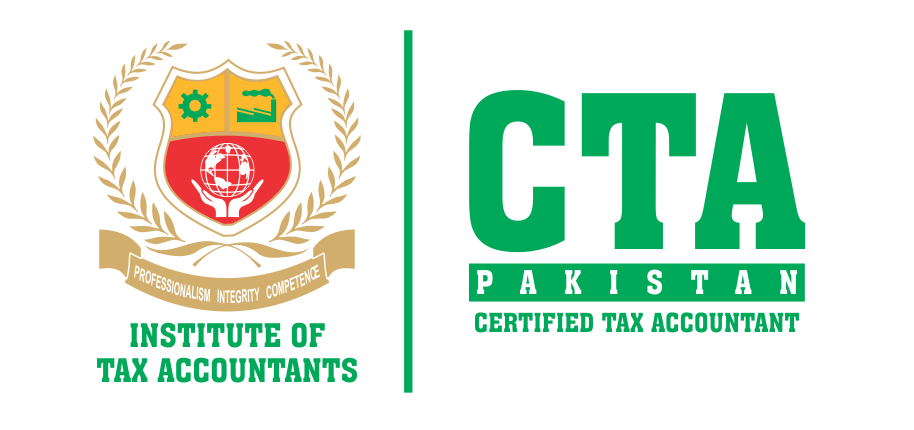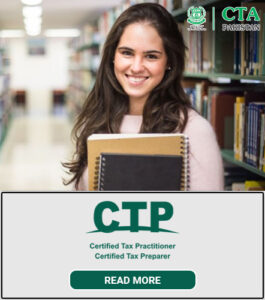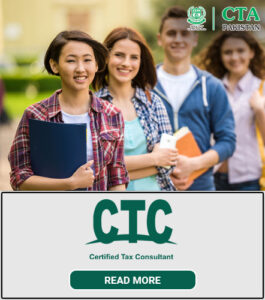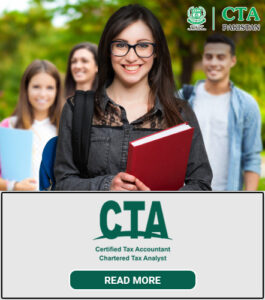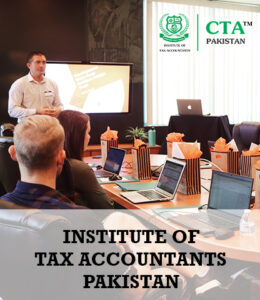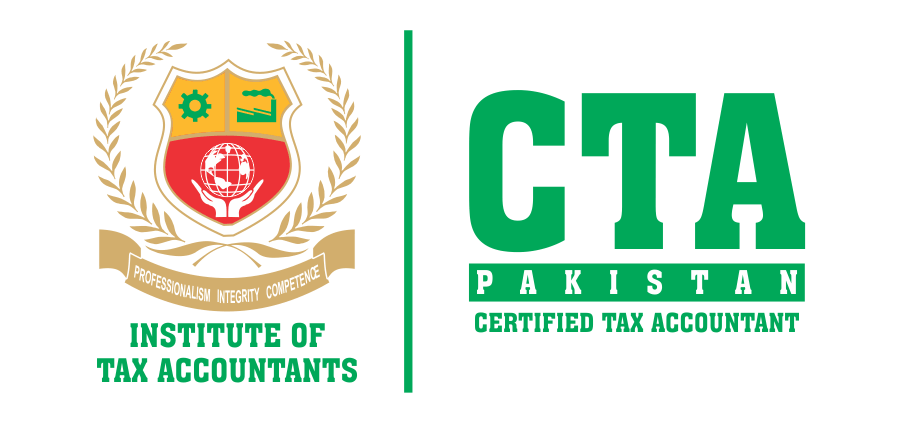WHAT IS A TAX PRACTITIONER/TAX PREPARER?
A tax preparer/tax practitioner is an individual who prepares, calculates, and files income tax returns on behalf of individuals and businesses. There are several different types of tax preparers/ tax practitioners; with some having credentials issued by third-party organizations while others are non-credentialed preparers. Knowing the different types of tax practitioners and credentials can help you get your best tax outcome.
What does a tax preparer/tax practitioner do?
Tax practitioners/Tax preparer complete and file tax forms for their clients. With a sufficient understanding of tax law, a tax preparer can review all of a client’s personal information, including NTN numbers, income statements, and personal and business expenses, to determine which expenses and circumstances may result in tax deductions or credits. Based on the results of calculating a return, a tax preparer can also offer advice about the best steps to take to reduce their tax liability in the coming year.
Credentialed tax preparers. Many tax practitioners are credentialed professionals who work year-round, primarily on accounting and tax related tasks.
Credentialed tax practitioners include:
- Chartered Accountants (CAs)
- Certified Management Accountants (CMAs)
- Certified Public Accounts (CPAs),
- Certified Internal Auditors (CIA),
- Certified General Accountants (CGA).
- Tax lawyers.
- Enrolled Agents (EAs), and
- Tax Attorneys etc.
All the tax practitioners receive credentials from the respective institutions.
Non-credentialed tax preparers. Individuals who prepare taxes without a credential from a third-party organization are non-credentialed preparers. Instead of meeting the requirements of a third-party issuing organization, non-credentialed tax professionals may be self-taught or have received training provided by a tax preparation store where they work on a seasonal basis.
Non-credentialed tax practitioners include:
- Seasonal tax store employees,
- Tax internees with tax lawyers.
- Income Tax Assistant in tax firms ,
- Tax accountants not Certified by the Institute of Tax Accountants Pakistan (CTA-Pakistan)
- Annual Filing Season Program participants.
Tax practitioners working or volunteering with these businesses and organizations can carry credentials and prepare tax returns, but they are not required to in most cases. Unlike the qualified tax practitioners CTPs, CAs, CMAs, CPAs, and tax attorneys, many non-credentialed tax practitioners only provide tax preparation assistance for a few months of the year during tax season.
Each year, tax practitioners help tens of millions of people to prepare and file their taxes. They use their experience and expertise to ensure that clients pay the correct amount to the government. To regulate the tax preparation profession, the Institute of Tax Accountants Pakistan (CTA-Pakistan) grants qualified professional’s certifications and licenses. While you do not need a certification to prepare taxes, earning one can bring valuable benefits, including a higher salary and job security.
Accountants who earn a tax practitioner certification do so for many reasons. Certification yields more job opportunities and allows tax professionals to represent client’s .The following sections cover how to become a tax preparer/ tax practitioner, exams and credentials, and professional organizations that can assist you in your new career. As you read, please keep in mind that the requirements to become a tax preparer/tax practitioner in your home state may vary slightly from what this article describes.
Why Become a Tax Preparer/Tax Practitioner?
Tax Preparers/Tax practitioners enjoy many benefits throughout their careers, like increased job security, salary, and flexibility. The benefits below represent just some you can expect from entering the tax preparation field. As you review the information in this section, keep in mind that certified tax practitioners(e.g., authorized agents, CAs, CMA’s and tax attorneys) enjoy even greater benefits, making the certification process a wise investment that can grow your career and allow you to make a more positive impact on your clients.
- Job Security:As a tax preparer/tax practitioner, you should always have clients. Nearly half of all file tax returns each year, and many of them turn to these professionals for guidance. Changes in tax laws and regulations mean that even tax filers who once filed their taxes may need your services.
- Salary:Tax preparer/ tax practitioner careers often boast high salaries, especially for CAs, CMAs and authorized agents who complete rigorous training courses and exams. Even noncertified preparers can benefit from high hourly salaries if they possess specialized training and experience. Employment in large metropolitan areas often makes for some of the highest tax preparer salaries.
- Flexibility:As the FBR requires that Pakistani people pay their federal income taxes by June 30, most Pakistanis need tax preparation services only in the spring months. For the remainder of the year, tax practitioners can pursue other professional and personal opportunities while still offering their services to people in need.
- Larger Client Base:An accountant who becomes a tax preparer/ tax practitioner can offer their services to a larger client base to increase their job security and salary. More clients can also result in positive word-of-mouth, allowing accountants to build their personal brands faster than if they had not become tax preparers.
- Lifelong Learning:Accountants in all specialties can complete professional development courses to learn the latest best practices and laws in the field. Certified tax practitioners must complete these courses to keep their certifications active. With an emphasis on lifelong learning, tax preparation professionals always possess an in-demand skill set that employers and clients need.
FOR MORE INFORMATION CONTACT US ON info@taxaccountantsinstitute.com
